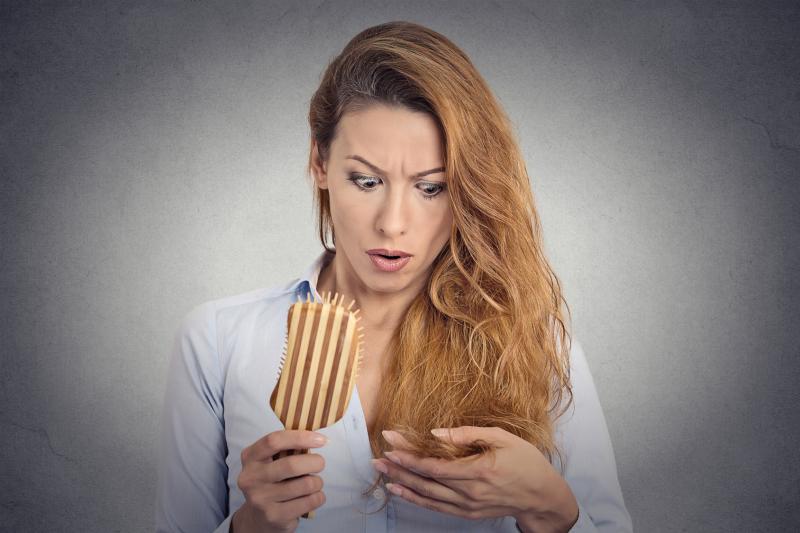
Autologous cell-based therapy using dermal sheath cup (DSC) appears to have beneficial effects for the treatment of male (MPHL) and female pattern hair loss (FPHL), suggest the results of a study.
The investigators assessed the safety and efficacy of cell-based therapy with autologous DSC to treat MPHL and FPHL. DSH cells were manufactured by culturing DSCs dissected from occipital hair follicles. Fifty men and 15 women (aged 33–64 years) with hair loss received single injections of 7.5 × 10 6, 1.5 × 10 6, or 3.0 × 10 5 DSC cells or a placebo in four randomized separate regions on the scalp. The investigators then measured hair densities and diameters at 3, 6, 9, and 12 months.
Compared with placebo, single injections of 3.0 × 10 5 DSC cells led to a significant increase in total hair density and cumulative hair diameter after 6 and 9 months. Improvements were similarly observed in men and women. In addition, no serious adverse events were recorded.
This study certain limitations. First, no lower cell numbers were tested. Second, the positive effect observed was temporary until 9 months, according to the authors.
The 2017 guidelines for the diagnosis and treatment of MPHL and FPHL suggest the use of finasteride 1 mg daily, dutasteride 0.5 mg daily, and topical 5% minoxidil twice daily for MPHL, and topical 1% minoxidil twice daily for FPHL as first-line treatments, while self-hair transplantation, irradiation by light-emitting diodes and low-level lasers, and topical application of adenosine are recommended for MPHL. However, prosthetic hair transplantation and oral administration of minoxidil are discouraged. [J Dermatol 2018;45:1031-1043]